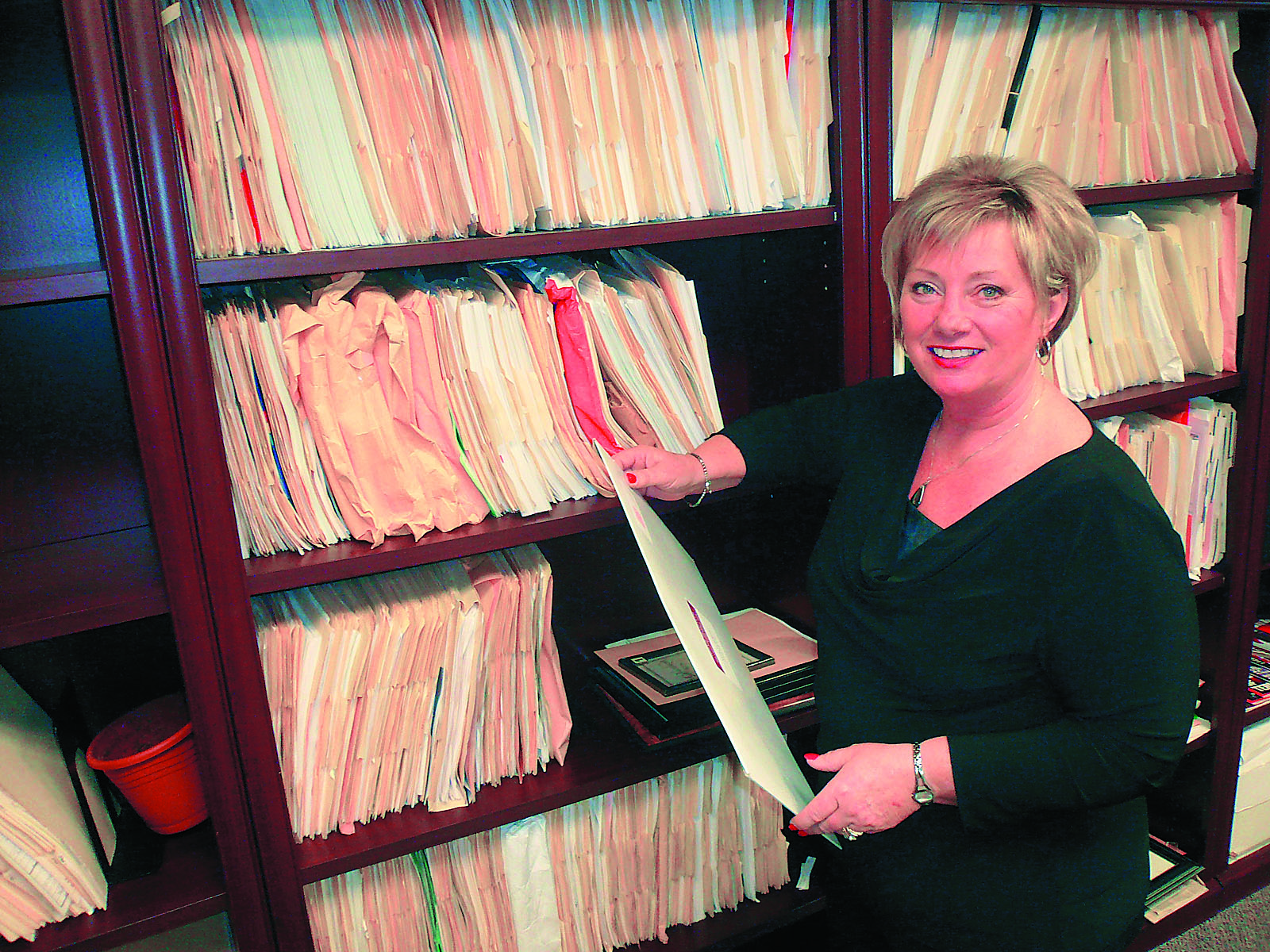Catoosa County, Ga., was jolted into awareness of teen prescription drug abuse in March 2008 when Timmy Smith, 16, died in his sleep after taking four OxyContin pain pills. An acquaintance of Smith's at Ringgold High School had stolen the pills from his grandfather, who was dying of cancer.
Almost five years later, prescription drug abuse is still very much a problem, county Coroner Vanita Hullander said.
"It's rampant," she said. "It's to the point where kids don't even hide it anymore."
To help combat the problem, a state agency has chosen Catoosa as one of three Georgia counties to receive grant money that will pay for things such as anti-drug billboards and miniature pill safes that fit inside a home's medicine chest.
The Georgia Department of Behavioral Health and Developmental Disabilities awarded a $243,000 annual grant for up to three years to the Catoosa Family Collaborative, one of 159 such organizations in each of Georgia's counties that aims to improve the lives of children and families.
"We're real excited about getting it," Catoosa Family Collaborative Coordinator Phil Ledbetter said.
Come spring, the Catoosa Prevention Initiative, as the program is called, should get into gear.
The grant should fund a locked drop box for expired prescription medications that likely will be located at the Catoosa County Sheriff's Office on U.S. 41.
"That would provide the community with a way to get rid of their old prescription drugs in a secure way," said Catoosa Prevention Initiative Coordinator Colleen Crawford.
The grant also may pay for pill safes that residents can secure inside medicine cabinets, Crawford said -- though she's not certain of that because the program is new and details are being worked out.
Grandparents and parents may not want to think their teens would steal pills.
"Nobody wants to believe it," Crawford said. "If they never did it as a youngster, and it never occurred to them, it would be difficult to [imagine] that their grandson or granddaughter might be doing this."
Ledbetter said teens have been known to hold pill parties at which they'll put a bunch of stolen prescription medications into a bowl and sample them at random.
Of the 51 autopsies on adults who died unexpectedly that Hullander performed in 2012, most were related to prescription drugs, she said.
The coroner rarely sees OxyContin overdoses these days. Now, methadone, hydrocodone and antidepressants are more commonly abused, she said.
While there's a place for legitimate pain management prescriptions, Hullander thinks too many doctors are too quick to prescribe heavy-duty painkillers. She also blames a culture in which she said every third TV commercial is for some type of medicine.
"Now it's just commonplace for multiple generations to be on prescription pain meds or sleep meds or antidepressants," she said.
Ledbetter said the other Georgia counties to get grants are Early and Gwinnett where programs will target Hispanics.
